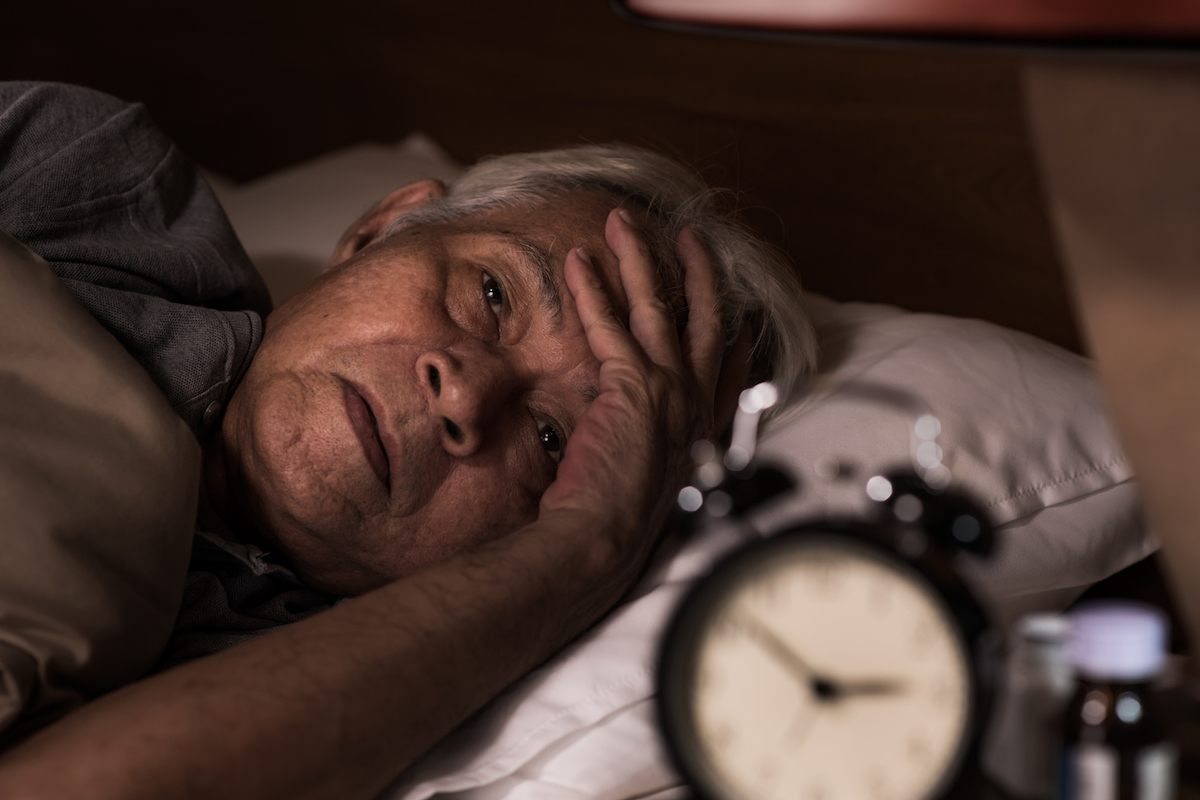Not only is there evidence that poor sleep quality due to sleep apnea can raise your risk of severe COVID, but studies have also shown that a shorter night’s sleep can increase your risk of respiratory infections such as pneumonia. And another study even found that people who get less than seven hours of sleep are almost three times more likely to develop a cold than those who sleep eight or more.ae0fcc31ae342fd3a1346ebb1f342fcb Additionally, a July 2020 study out of the University of California, San Francisco and Carnegie Mellon University in Pittsburgh, used wearable trackers to monitor the sleeping habits of 164 subjects. After each subject received a heavy nasal dosage of rhinovirus (AKA the common cold), they were quarantined within hotel rooms for five days. The study found that those who slept less than six hours a night were four and a half times more likely to develop cold symptoms as opposed to those who slept more than seven hours. The researchers point out that rhinoviruses are similar to coronaviruses both in their structure and the kind of immune response they generate in people, making them a good stand-in for COVID-19. RELATED: For more up-to-date information, sign up for our daily newsletter. “We have a lot of evidence that if you have an adequate amount of sleep, you definitely can help to prevent or fight any kind of infection,” Monika Haack, a psychoneuroimmunologist at Harvard Medical School, told National Geographic. “How many deaths can you prevent if you sleep properly, or how much less is the severity of your symptoms? I think that needs more research.” In the meanwhile, in addition to wearing a mask, washing your hands, and practicing social distancing, making sure you’re hitting the sheets at a reasonable hour may be able to help you steer clear of COVID. And for more on how to make sure you can actually get rest, check out This One Thing Can Cure Your Insomnia, New Study Says.
